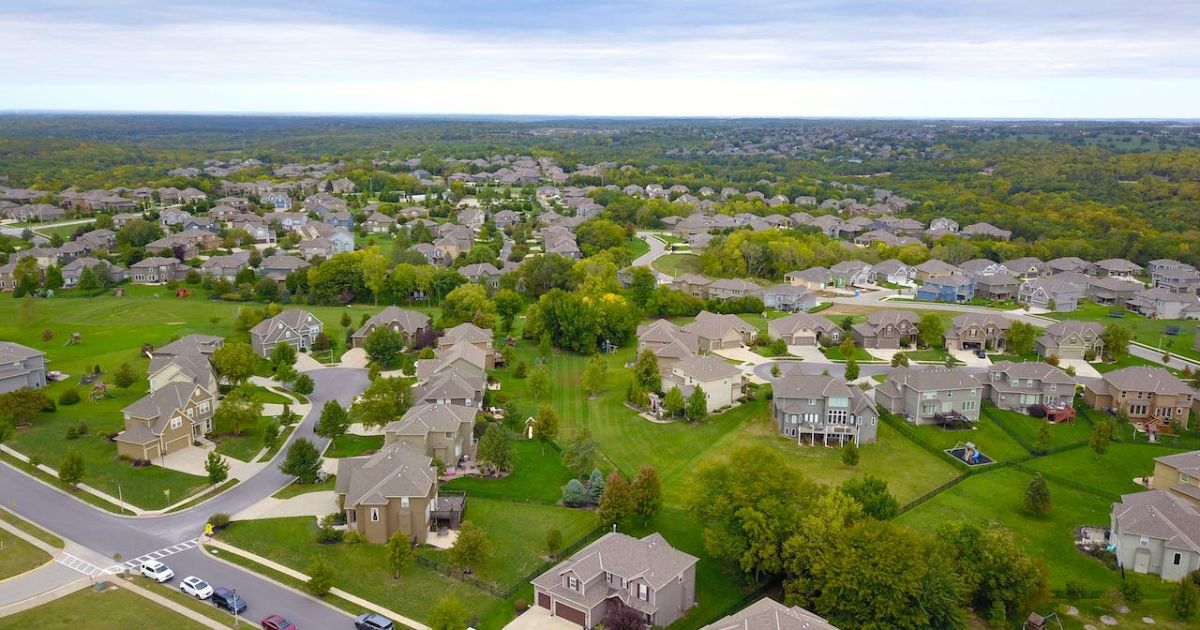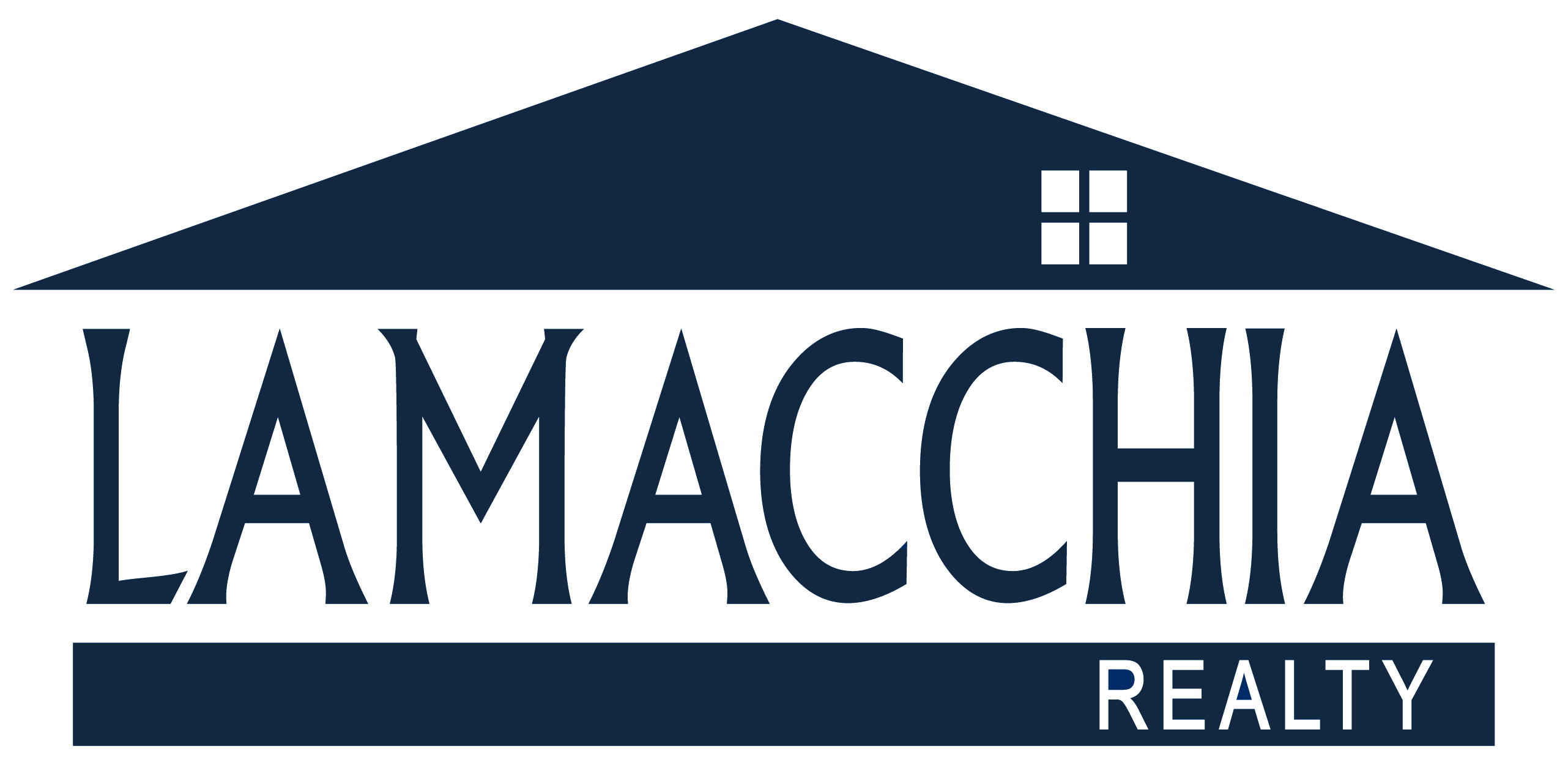
If you’re currently searching for a home, you’ll find that choosing the right neighborhood isn’t a one-size-fits-all process. This is one of those decisions that will impact your daily life for years to come. Balancing lifestyle and budget is all about making conscious decisions that ensure you can enjoy your chosen neighborhood without financial stress. When you find the best neighborhood for your lifestyle and budget, you can comfortably grow and thrive over the years.
Defining Your Lifestyle and Budget
Identifying your priorities and preferences is all about understanding what matters most to you. Do you thrive in a bustling urban environment with easy access to cultural attractions, or do you prefer the tranquility of the suburbs with open spaces and a slower pace? Take some time to reflect on your daily routine, hobbies, and interests. Are you a nature enthusiast who craves outdoor activities or a foodie who loves exploring restaurants and cafes? Knowing what you enjoy will also help you find a neighborhood that aligns with your lifestyle.
Assessing your finances is a pragmatic step in the process. Determine exactly how much you can comfortably allocate to housing expenses. Consider not just the rent or mortgage but also utilities, property taxes, maintenance costs, and, if applicable, HOA/condo fees. The 30% rule can be a helpful guide – ideally, your housing costs should not exceed 30% of your income. It’s essential to be realistic about your financial situation to avoid overstretching your budget.
Budgeting for Housing
 Before you start browsing homes, assess your current financial situation. Look closely at your monthly income, credit, and expenses to determine how much you can comfortably contribute to housing. Knowing your housing budget helps narrow down your neighborhood options. Accounting for any additional expenses is a critical part of the budgeting process. As a homeowner, these costs can add up quickly. When calculating your housing budget, also be sure to factor in expenses like water, electricity, gas, and internet.
Before you start browsing homes, assess your current financial situation. Look closely at your monthly income, credit, and expenses to determine how much you can comfortably contribute to housing. Knowing your housing budget helps narrow down your neighborhood options. Accounting for any additional expenses is a critical part of the budgeting process. As a homeowner, these costs can add up quickly. When calculating your housing budget, also be sure to factor in expenses like water, electricity, gas, and internet.
Property taxes can also vary significantly between neighborhoods, so be diligent and research these rates. Don’t forget to set aside funds for unexpected repairs to keep your new home in good shape. Taking these steps helps ensure you have enough financial flexibility to cover other essential expenses and save for the future.
Lifestyle Compatibility
Analyzing your daily routine and activities is the first step in finding a neighborhood that suits your lifestyle. So, consider your work schedule, leisure activities, and hobbies. Do you enjoy early morning runs in the park, or are you a night owl who frequents local eateries? Understanding your daily rhythms also helps identify neighborhoods where you can seamlessly integrate your preferred lifestyle. For those who prioritize green spaces and outdoor recreation, look for areas with parks and nature trails.
Aligning your interests and values with your chosen neighborhood ensures a more satisfying daily life. Additionally, evaluating commute times and transportation options is practical and time-saving. Assess how your potential neighborhood connects to your workplace and other essential destinations. Longer commutes can impact your lifestyle significantly. Therefore, explore public transportation, traffic conditions, and highway accessibility to determine if your chosen neighborhood offers a convenient commute.
Neighborhood Research
Utilizing online resources and neighborhood guides to find the best neighborhood for your lifestyle and budget is a great starting point. The internet offers a wealth of information, from real estate websites to forums and blogs that provide insights into different neighborhoods. So, you can access details on housing prices, safety, school systems, and other amenities to help narrow down your options.
 Additionally, seeking recommendations from friends, family, and colleagues can provide valuable insights. People who have lived in certain neighborhoods can also offer firsthand experiences and opinions. They’ll likely highlight what they love about various areas, giving you a more personal perspective to consider. Furthermore, visiting potential neighborhoods in person is crucial for getting a feel of the place. Walking around, exploring local shops, and interacting with residents can also help you gauge the neighborhood’s atmosphere and compatibility with your lifestyle.
Additionally, seeking recommendations from friends, family, and colleagues can provide valuable insights. People who have lived in certain neighborhoods can also offer firsthand experiences and opinions. They’ll likely highlight what they love about various areas, giving you a more personal perspective to consider. Furthermore, visiting potential neighborhoods in person is crucial for getting a feel of the place. Walking around, exploring local shops, and interacting with residents can also help you gauge the neighborhood’s atmosphere and compatibility with your lifestyle.
Moving on a Budget
When the time comes to pack up your house and move, opt for free or low-cost packing supplies, like cardboard boxes from local stores, or seek help from friends. Efficiently label your boxes to streamline unpacking at your new home. Additionally, consider using your linens and towels to cushion fragile items, saving on packing materials. Comparing moving services and DIY options can help you find the most cost-effective way to transport your belongings. As you compare moving services to DIY options, it’s important to find the most cost-effective transportation method for your belongings. Obtain quotes from several moving companies to ensure you get a fair deal. Look for transparent and comprehensive estimates that include all potential fees. For instance, an established company like Prime Line Van Lines can provide a detailed breakdown of costs, helping you make an informed decision. Their experience and transparency can be invaluable in planning a budget-friendly move.
Weigh these costs against the expenses and time involved in a do-it-yourself move, factoring in truck rentals, gas, and potential mishaps. Furthermore, budget-friendly strategies for transporting belongings can reduce costs. Therefore, consider downsizing your furniture to minimize the number of items you need to move. If you’re relocating a long distance, plan your route carefully to avoid unnecessary detours or tolls. Additionally, look for discounts and promotions from moving companies or truck rental services to maximize savings.
Prioritizing Factors Based on Personal Preferences and Budget
 As you weigh your options, consider what matters most to you in a neighborhood. If safety is a top concern, allocate more resources to neighborhoods with excellent security records. If you’re passionate about culture and entertainment, prioritize areas with a vibrant arts scene. Balancing your desires with your budget may require some trade-offs, so flexibility is crucial.
As you weigh your options, consider what matters most to you in a neighborhood. If safety is a top concern, allocate more resources to neighborhoods with excellent security records. If you’re passionate about culture and entertainment, prioritize areas with a vibrant arts scene. Balancing your desires with your budget may require some trade-offs, so flexibility is crucial.
Making an informed decision about your future neighborhood is the ultimate goal. After careful research and consideration, you’ll have a clear picture of the neighborhoods that align with your lifestyle and financial constraints. Therefore, take your time to weigh the pros and cons. Also, don’t hesitate to seek advice from trusted friends or real estate professionals if needed.
Make an Informed Decision and Find the Neighborhood that’s Right for YOU!
By defining your priorities, assessing your finances, and evaluating various aspects of potential neighborhoods, you can make a well-informed decision and find the best neighborhood for your lifestyle and budget. Balancing your personal preferences with your budget is the key to a satisfying and financially sustainable living experience. Whether you seek urban living or suburban retreats, the right neighborhood is out there waiting for you. Prioritize your needs, trust your instincts, and discover the place you’ll soon call home.
